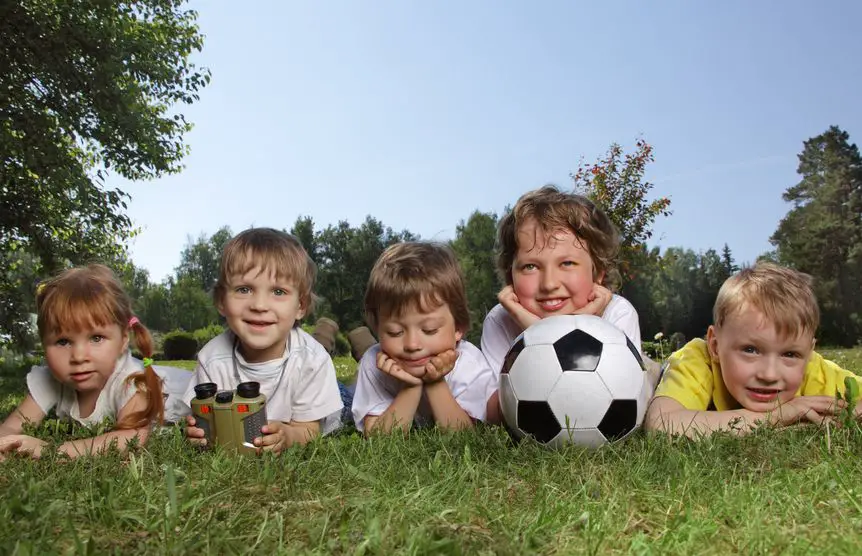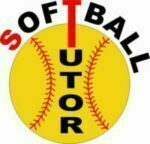
Of course you know the age of your child. Do you know however that when it comes to sports and athletic maturity, there are more than one ways to consider how old your child is? This can be referred to as softball sport development age.
Softball Sport Developmental Age Considerations
- chronological age
- skeletal age
- relative age
- Developmental age
- general training age
- sport specific (softball sport development age)
As you can see already. When we put our players into age categories on their softball teams, there is a chance that they may not be suited for the team depending on the average “age” of the team and what age the coach is directing her/his training to.
Chronological Age
This is the age that you celebrate with your child every year. It is also what most sport programs including softball use to set their teams. This is the easiest marker for development.
Skeletal Age
Your child’s skeleton begins to mature as soon as they are born. The amount of ossification or size and density of the bones in the skeleton determine the skeletal age. This is typically determined by an X-ray of the hand. The most common indicator that we are familiar with is early and late maturing athletes who are taller or smaller than their teammates. An “early” maturing athlete will be taller than a late maturing athlete for example.
Relative Age
You will see the largest variation in this age group on your softball team. This age refers to the age within the group of athletes on the team. For example if your child is on a 10U team, and some of the kids are 9 or almost 11, where your child fits in that group is their relative age. This is most referred to within the same year. A child born January 1st is almost a full year older than a player born December 2nd of that same year. If your child’s birthday is at the beginning of the year compared to a teammate who’s birthday is near the end of the year, you will see the relative age difference as your child will likely be bigger, stronger and faster.
It is the most common age difference on teams and the most visible ages. This age is one of the most common reasons for the differences not including experience in children’s abilities in softball. Unfortunately this can be a disadvantage for the relatively younger players as they need to work harder to compete and keep up with the skill levels of the players who are relatively older. If your child is relatively younger however the advantage later in their softball career will be that they may have developed a strong work ethic and may excel further in the end. If you have a relatively older softball player I encourage you to ensure that she continues working hard to develop her skills so that she improves to her potential rather than relying on her age to always be ahead of others. If your child is entering softball later in their chronological age such as 15 or 16, which is never discouraged, then the relative age will not be as much a factor as softball experience will.
Developmental Age
This age refers to physical, mental, cognitive and emotional maturity and is most referred to as early and late maturing athletes. In younger children such as 8U it is not as easy to detect due to the overall age of the athlete until they are chronologically older. As children begin to enter their prepubescent and pubescent years it is more noticeable.
Early Maturing athletes
Although this is sometimes thought of as an advantage for athletes who are early maturing, many will drop out at age 14-15 because the late maturing athletes are catching up to them. It is important if your child is an early maturing athlete that she continue to work as hard as she did before her growth was noticeable. It is common for these athletes to rely on their natural abilities as they move more simply through softball. This can create a reliance on current abilities without the perceived need to improve and work as hard as their late maturing teammates.
Late Maturing Athletes
If your young softball player is one is a late maturing athlete then it is important for you to encourage her to continue working hard on her skills. If she is younger than 14 it is important that she work on her multi sport skills and not simply softball skills. If you encourage her to continue to love sport rather than comparing herself to others on her team, she will eventually “catch up” and her abilities will be the same if not better than others due to her work ethic and self direction that she would have learned as a result.
As a coach of all age groups and levels, I have seen first hand the positive and negative effects of softball sport development age differences. I believe that it is critical that athletes in softball regardless of their age learn the value of working hard and working as a part of a team.
General Training Age
This is the number of years that your child has spent in sport overall. Not necessarily the amount of training that they have received but the amount of years that they have been in training and playing through various sports.
Softball Sport Development Age
The number of years that your child has participated in softball specifically. The unfortunate part of this age is that more and more softball players are beginning this training earlier and earlier in their chronological age which does not prepare them adequately in their skeletal, or developmental age. By beginning their softball specialization when they are 10U for example, your child is not cognitively prepared to grasp the true complexity of softball. I believe that this can create frustration which simply builds and can eventually contribute to their departure from this great game.
This information is to give you some insight into how your young softball player is developing in so many ways. She is internally working with understanding the concepts of the game, producing the power and strength and speed that many softball skills require as well as the emotional development of self perceptions that accompany being a part of a team. If you consider the potential challenges that she may be facing, you can see how important it is to be supportive and encouraging and to allow her to express her growth at its own pace.

